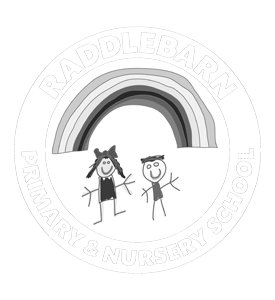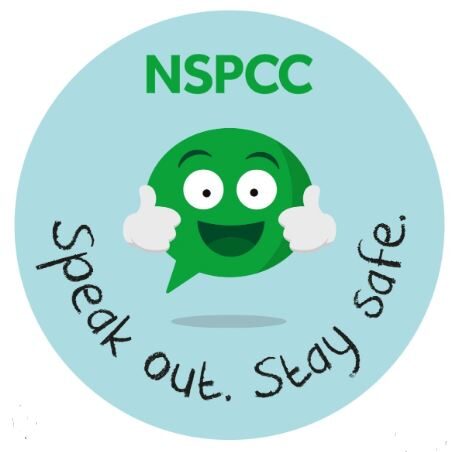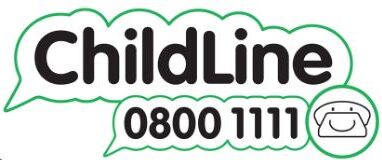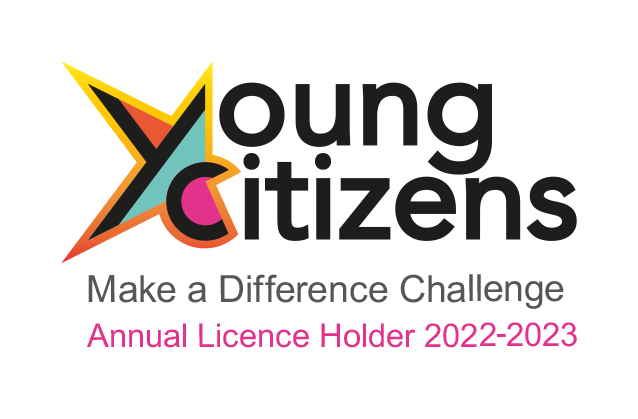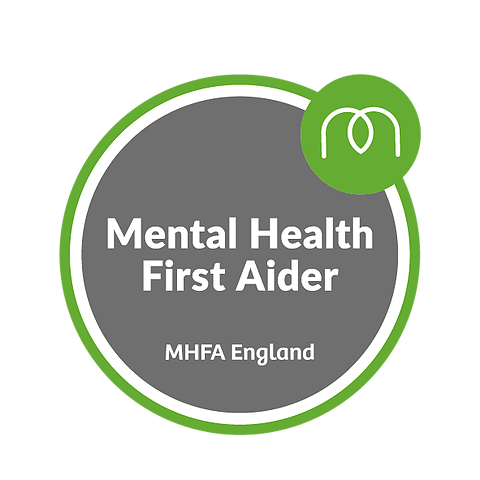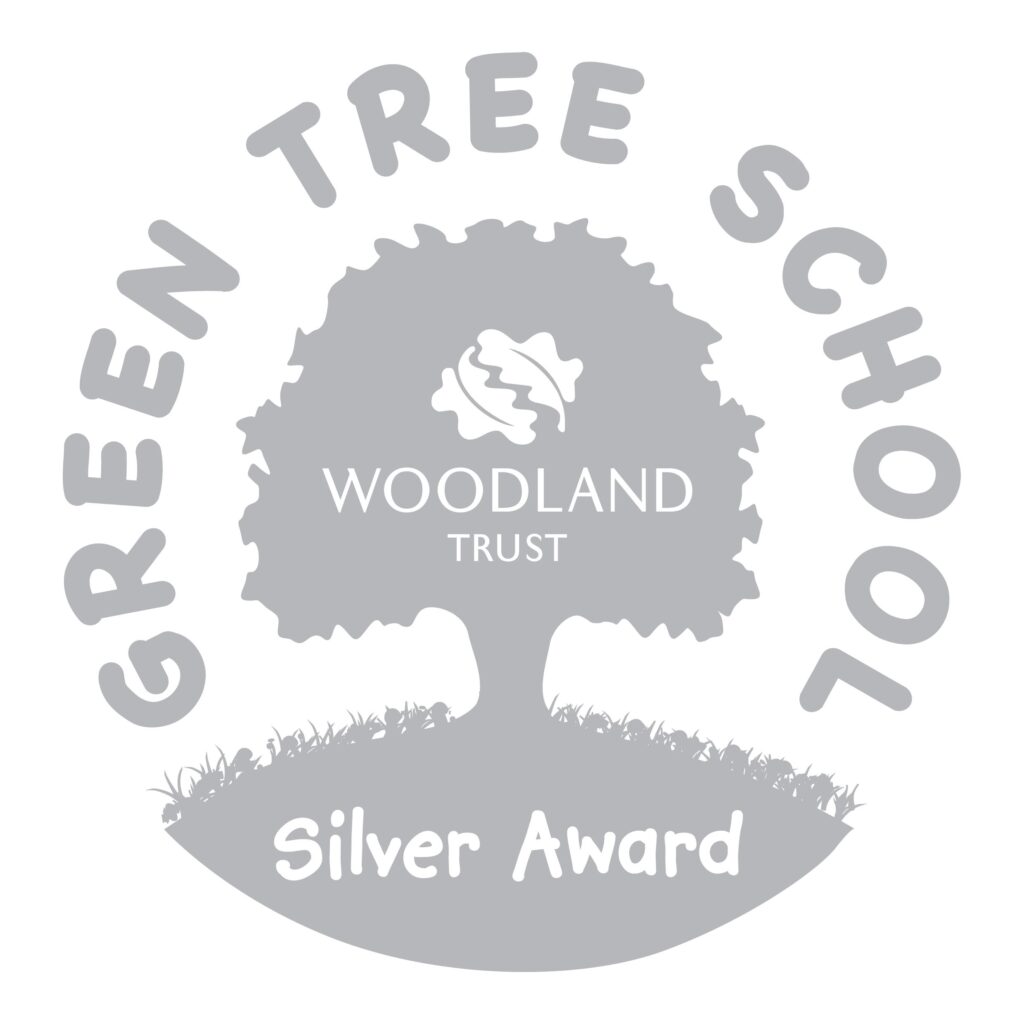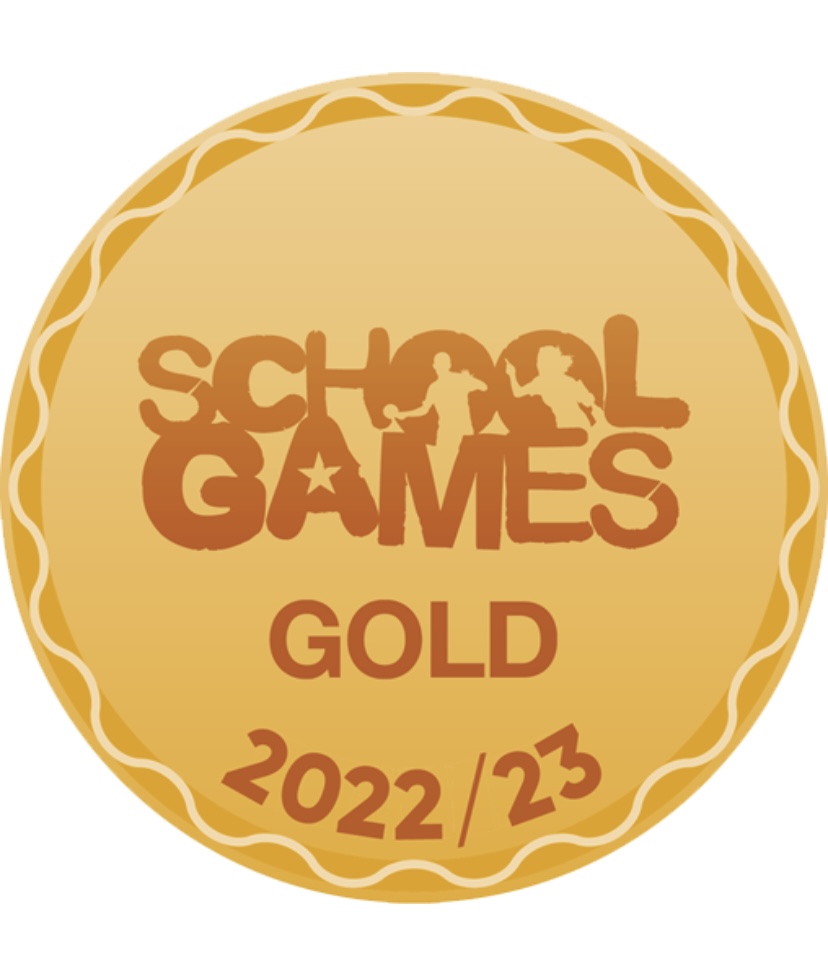Health and Well-being
“A state of well-being in which every individual realises his or her own potential, can cope with the normal stresses of life, can work productively and fruitfully, and is able to make a contribution to her or his community.” World Health Organisation (WHO), 2014
At Raddlebarn Primary & Nursery School, we believe that the mental wellbeing of our children is key to developing happy, inquisitive learners who are able to face challenges in a positive and proactive way.
Our Mental Health and Wellbeing Team
- Miss Lowry – Head teacher, DSL, Mental Health First Aider
- Mrs Clements – Inclusion & Pastoral Leader, Lead DSL, Mental Health First Aider, Senior Mental Health Lead
- Ms Carter – Learning Mentor
- School wellbeing- working party made up of a committee of staff from a wide range of roles across the school – meet half termly
Growth Mindset
As part of our curriculum, we teach the skills children need to develop a growth mindset, focusing on the characteristics of effective learning, for example, perseverance, creativity, concentration and exploration. We model these to the children and give praise when the children are seen to be using them.
PSHE
During these lessons, the children learn techniques to quieten and focus the mind, concentrating on breathing and body awareness. It is hoped that the children are then able to use these skills as a calming technique in moments of stress or worry to help calm them so they can then take positive steps to finding a solution. We also encourage relaxation sessions and yoga.
Learning Mentor
We have a Learning Mentor at school who offers a range of interventions and support to children if they are struggling with emotional, social or behavioural problems that may affect their ability to learn.
SEMH Groups
The development of children’s social, emotional and mental health (SEMH) is embedded in our curriculum at Raddlebarn and in the practice of teaching and support staff. Most children will access the support and guidance they need during lessons and informally through their class teacher and/or teaching assistant. From time to time, we may identify children who would benefit from additional support around their wellbeing and/or social communication. Indicators of this might include friendship worries, a bereavement or illness in the family and changes in the way a child is presenting in school. If we feel a child would benefit from some extra support for a period of time, a member of school staff will contact parents to discuss this further. The below list details some of the groups which we can offer in school:
Wellbeing group
This group is put together to provide an opportunity for a small group of children to discuss the positive and tricky parts of their week/weekend at home and school. In this group, children will use a range of emotion board games, books and other resources specific to the needs of the group. They may also, at times, have calm quiet time using the sensory resources.
Lego therapy
This group is to encourage the development of children’s social skills, turn taking, language building, and self-regulation. The children will be encouraged and supported to manage their own urges and to follow rules and cooperate with others whilst working on a joint task. This group can also encourage confidence in quieter children and develop self-esteem over time.
How the session works; 3-4 children sit around a small table so that each child can reach the centre of the table. Each child is given a role card to start the session. All children will get a chance to play all roles over the course of the programme. The engineer has the instruction book, they instruct the supplier using descriptive words on which pieces they need to find. These are then passed to the builder. The engineer then instructs the builder where they must then place the pieces by following the instructions in the booklet. This develops instructional and positional language. The supervisor, usually the adult but can be a role model child ensures that each role is being followed/played correctly. Once the model is built, each child has an opportunity to play with it and then between the group, they can dismantle the model to place back into the box ready for another group. If children struggle with the concept of doing this, a photograph can be taken of the model for them to keep.
Friendship group
This group supports children who might struggle to make friends or may struggle to maintain friendships and may have issues with frequent social disputes. The group aims to help them further develop their social skills and/or confidence in making/maintaining friendships. Board games, relevant books and other resources support the children’s learning in this area. Discussions are had around how to begin friendships, what makes a good friend and how to start conversations with potential friends.
Self-regulation
In this group feelings and emotions are discussed, relevant books shared and games are played. Big emotions are thought about and ideas of how to best manage these are discussed. Tips sheets are shared for children to use in class and at home and usually children also have ideas to share with each other of what could work for them when they are needing to manage their own big emotions. Sometimes Apps may be used on the iPad. Mindfulness is at times practiced to.
Sensory time
This group is to support children with specific sensory diets that may have been recommended by an OT. It is also an opportunity for children to have some calm time in school to be able to better regulate themselves and reset ready for the next part of their school day. The sensory resources are often used for this purpose using a range of resources such as sensory tools, sensory lights, a gym ball or weighted blanket, sand or playdough.
Talk Time
For certain children who are in need, there is a designated time per week to talk to an adult. This typically takes place whilst playing with activities such as Lego, crafts and board games for example so that the children feel more comfortable and relaxed to talk about their worries. If the members of staff feel that a referral to the pastoral team is required, then they will inform a Inclusion and Pastoral Leader so that the referral can be made, and a discussion had in partnership with parents.
The Dog Mentor programme has built upon the benefits of the human-animal bond by providing children positive experiences with dogs that can help them educationally, developmentally, emotionally and socially.
The Dog Mentor programme has been proven to have a positive impact on children in all areas including self-esteem, behaviour, peer relationships and better engagement skills. These improvements then result in improved academic achievement.
Benefits include:
- Cognitive – companionship with a dog stimulates memory, problem-solving and game-playing
- Social – a dog provides a positive mutual topic for discussion, encourages responsibility, wellbeing and focused interaction with others
- Emotional – a school dog improves self-esteem, acceptance from others and lifts mood, often provoking laughter and fun. Dogs can also teach compassion and respect for other living things as well as relieving anxiety.
- Physical – interaction with a furry friend reduces blood pressure, provides tactile stimulation, assists with pain management, gives motivation to move, walk and stimulates the senses
- Environmental – a dog in a school increases the sense of a family environment, with all of the above benefits continuing long after the school day is over.
- Reading to dogs has been proven to help children develop literacy skills and build confidence, through both the calming effect they have on children as well as the fact that a dog will listen to children read without being judgemental or critical. This comforting environment helps to nurture children’s enthusiasm for reading and provides them with the confidence to read aloud.
- Attendance – having a school dog to meet and greet, helps motivate children to attend school and always arrive with a positive smile as they are happy to see them.
School Environment
Our school environment has been designed with the aim of supporting children’s wellbeing.
Inside Spaces
Within each classroom, the reading areas, gentle lighting, plants and calming decorations provide spaces for quiet reflection, whilst other areas of the room are designed to stimulate children’s engagement and natural curiosity.
For children who prefer a quiet and calm environment during lunchtimes, we have a sheltered hut in each playground available.
Outside Spaces
Our recently created gym areas provides space for children to be active. It can be used by the children during their session, in all weathers, and is also utilized by classes at various points during the day. Children may use it for releasing energy or for quiet reflection.
Further space for quiet reflection is provided by the Raddlebarn School Garden area which may be used by classes or small groups throughout the day.
Raddlebarn School Garden
Nature to Nurture

A space created to expand and enhance the breadth of our curriculum offer and to incorporate a designated opportunity for outdoor learning, gardening and healthy lifestyle activities that are part of our termly routine. These activities serve as a cornerstone to increasing children’s life skills and experiences throughout their primary school education and work alongside the curriculum of each year group as well as being a sharing opportunity for our local community.
Our key aims are:
- Improving mental wellbeing - Being surrounded by nature, hearing the birds, seeing the flowers grow and planting to attract butterflies and bees create positive wellbeing; having a pleasant and green outdoor space to work in also helps, especially following recent lockdown restrictions.
- Enabling community participation in the arts – Our School Garden encourages children to be at one with nature to create and things to benefit the creatures who live within it : making bird feeders, designing scarecrows, making artistic sun-catchers, making and using wind chimes and much more. This space also encourages creative writing, using our sound recording clipboards to create and capture nature sound bites. This could be used for Scientific enquiry by using the weather station or by observing and recording seasonal changes, growing and or the water cycle. The Art activities from this could include flower pressing, sketching, painting, watercolours, natural dyes, designing planters or beds, floristry and stepping stone mosaics too.
- Preventing or reducing the impact of poverty – The is always a benefit to learning to be self-sufficient, where children and families can learn how to have food for life; how to ‘grow your own’, how to prevent waste and reuse economically. Not everyone is lucky enough to have their own garden or growing spaces therefore with a school garden they are able to gain experience working, developing, growing in a garden. We are a school who encourages enterprise projects and linked with this school area there are many opportunities to raise self esteem, learn patience and to help and encourage ambition.
- Supporting marginalised groups and promoting equality – We believe in equality and embrace diversity and by having many opportunities can begin to close the disadvantage gap. Not everyone has a garden or an allotment and so with a school garden, new opportuntities arrive and that children can have more time outdoors with nature; it can break down anxiety barriers; it becomes a peaceful and safe place to be calm and quiet; encourage self-esteem and enterprise opportunities and creates an ‘anyone and everyone can do’ mindset.
- Improving biodiversity and green spaces – Developing a fruit and veg patch & greenhouse, composting and use of a water butt, self sufficiency, flowers to attract bees/butterflies, birdhouse with camera, bird-feeders, seasonal flowers, hanging baskets, climbing plants, class planters. Its the only green area inside the school grounds and so we want to maximise its use and purpose and really want it to be loved and instil pride.
- Enabling participation in physical activity – There are lots of physical jobs within the school garden space that will include digging, weeding, planting, maintaining, harvesting, watering – all physical and can be collaborative or individual
- Responding to the climate emergency and promoting sustainability – Our Eco Councillors work hard to promote this in school and our school garden area with encourage: use of water butt and composter to minimise waste, self sustainability, recycling, help to make informed choices when purchasing things that are natural or recyclable, a grow your own patch (using veg toppers and cut offs to regrow using waste), planting more trees and oxygen producing plants to absorb carbon dioxide and give us cleaner air
- Increasing community access to outdoor space – We will continue to encourage community events, story circles, PTA events, enterprise, community links, link with care home – and promote a lovely space to share
-
It also helps the children to:
- • To build self-esteem and confidence in children.
- • To build resilient, determined and independent learners.
- • To develop children’s personal, social and emotional development.
- • To develop children’s and encourage creativity.
- • To encourage collaboration.
- • To develop and build the ideas of risk management and risk benefit.
- • To improve children’s life skills and experiences.
- • To enable children to gain a respect for the natural environment and wildlife.
- • To transfer negative behaviours into positive ones.
- • To let children be children.
-
These all are covered with a variety of outdoor learning teachings and strategies that not only seek to aid the children in their learning but also are provided in a positive, enjoyable, creative and inspiring manner that allow children to transfer the skills and knowledge from the lessons into the classroom and life outside of school.
































